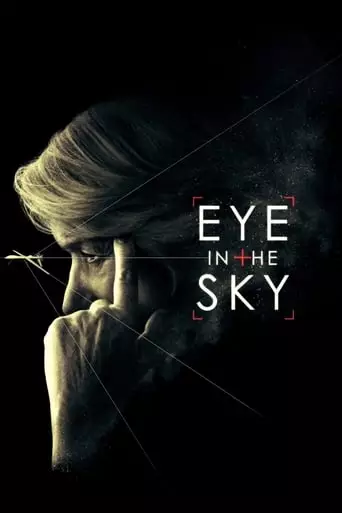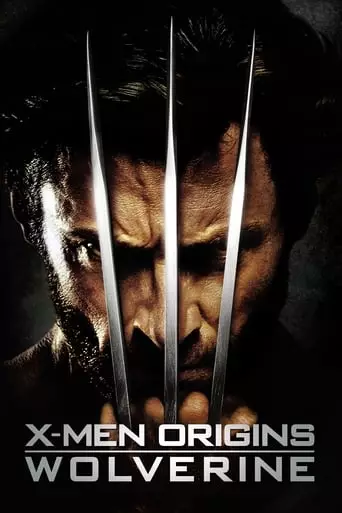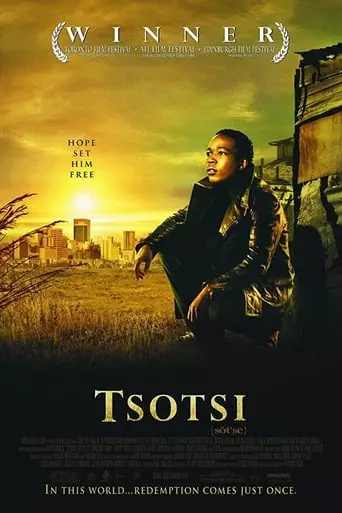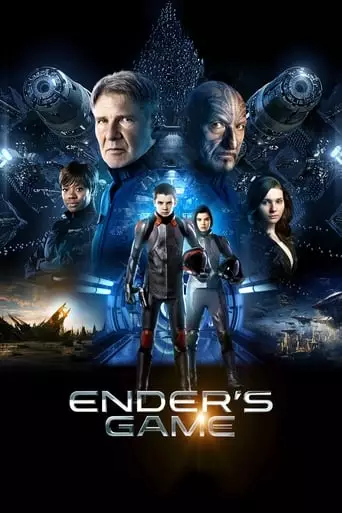A UK-based military officer in command of a top secret drone operation to capture terrorists in Kenya discovers the targets are planning a suicide bombing and the mission escalates from […]

A UK-based military officer in command of a top secret drone operation to capture terrorists in Kenya discovers the targets are planning a suicide bombing and the mission escalates from […]

When an Egyptian terrorism suspect disappears on a flight from Africa to Washington DC, his American wife and a CIA analyst find themselves caught up in a struggle to secure […]

After seeking to live a normal life, Logan sets out to avenge the death of his girlfriend by undergoing the mutant Weapon X program and becoming Wolverine. X-Men Origins: Wolverine […]

The South African multi-award winning film about a young South African boy from the ghetto named Tsotsi, meaning Gangster. Tsotsi, who left home as a child to get away from […]

Based on the classic novel by Orson Scott Card, Ender’s Game is the story of the Earth’s most gifted children training to defend their homeplanet in the space wars of […]
Gavin Hood: A Director of Moral Complexity and Human Drama
Gavin Hood is a South African filmmaker, screenwriter, and actor whose work often delves into themes of morality, justice, and the human condition. From his Academy Award-winning film Tsotsi (2005) to thought-provoking political dramas like Rendition (2007) and Official Secrets (2019), Hood has demonstrated a talent for crafting compelling narratives that challenge audiences to grapple with ethical dilemmas. His diverse career, which spans intimate character studies and large-scale blockbusters, reflects his versatility and commitment to storytelling that resonates on both emotional and intellectual levels.
Early Life and Career Beginnings
Gavin Hood was born on May 12, 1963, in Johannesburg, South Africa. He initially studied law at the University of the Witwatersrand and later attended the London Film School, where he honed his craft as a filmmaker. Hood began his career as an actor and screenwriter, working on projects for South African television and contributing to educational films.
His directorial debut came with A Reasonable Man (1999), a legal drama inspired by true events in South Africa. The film explored the intersection of traditional beliefs and modern law, showcasing Hood’s interest in stories that examine cultural and moral complexities.
Breakthrough with Tsotsi
Hood’s international breakthrough came with Tsotsi (2005), a powerful drama about a young gang leader in Johannesburg who undergoes a moral transformation after caring for a baby he inadvertently kidnaps. Based on Athol Fugard’s novel of the same name, the film was lauded for its raw emotional intensity and nuanced portrayal of life in South Africa’s townships.
Tsotsi won the Academy Award for Best Foreign Language Film, catapulting Hood to global recognition. The film’s success highlighted Hood’s ability to tell deeply human stories that transcend cultural boundaries, making him a filmmaker to watch on the international stage.
Tackling Global Issues: Rendition and Official Secrets
Following the success of Tsotsi, Hood directed Rendition (2007), a political thriller exploring the controversial practice of extraordinary rendition, in which suspected terrorists are detained and interrogated in secret facilities. Starring Reese Witherspoon, Jake Gyllenhaal, and Meryl Streep, the film examined the ethical and personal consequences of counterterrorism policies. Though it received mixed reviews, Rendition showcased Hood’s commitment to addressing complex, politically charged topics.
In 2019, Hood directed Official Secrets, a biographical drama about whistleblower Katharine Gun, who leaked classified information about the Iraq War to the press. Starring Keira Knightley, the film was praised for its meticulous storytelling and moral urgency. Official Secrets reaffirmed Hood’s ability to craft gripping narratives that challenge audiences to consider the ethical implications of government actions and personal choices.
Venturing into Blockbuster Territory: X-Men Origins: Wolverine and Ender’s Game
Hood’s career also includes ventures into large-scale Hollywood productions. In 2009, he directed X-Men Origins: Wolverine, a prequel exploring the backstory of the popular Marvel character played by Hugh Jackman. While the film received mixed reviews, it demonstrated Hood’s ability to handle big-budget action and visual effects.
In 2013, Hood directed Ender’s Game, an adaptation of Orson Scott Card’s beloved science fiction novel. Starring Asa Butterfield, Harrison Ford, and Viola Davis, the film explored themes of leadership, morality, and the cost of war. Though it faced challenges in adapting the novel’s dense narrative, Ender’s Game showcased Hood’s skill in bringing complex worlds and ideas to life on screen.
Signature Themes and Style
Gavin Hood’s films are marked by their focus on moral dilemmas, personal transformation, and the interplay between individual choices and systemic forces. Whether set in the townships of South Africa or the corridors of power in Washington, D.C., Hood’s stories often center on characters grappling with questions of right and wrong in the face of overwhelming odds.
Visually, Hood’s work combines naturalistic cinematography with an emphasis on intimate, character-driven moments. He often uses close-ups and handheld camera work to create a sense of immediacy and emotional connection, drawing viewers into the inner lives of his characters.
Legacy and Impact
Gavin Hood’s career is a testament to his versatility as a filmmaker and his dedication to exploring stories that matter. From the gritty streets of Johannesburg in Tsotsi to the ethical quandaries of whistleblowers and counterterrorism, Hood has consistently tackled subjects that challenge audiences to think critically about the world around them.
While his forays into blockbuster filmmaking have had mixed results, Hood’s work in the realm of political and social dramas has earned him a reputation as a director unafraid to confront difficult questions. His films serve as a reminder of cinema’s power to illuminate the complexities of the human experience.
Conclusion
Gavin Hood is a filmmaker whose work transcends borders and genres, offering audiences stories that are as thought-provoking as they are emotionally resonant. Whether directing intimate dramas or large-scale epics, Hood brings a deep sense of humanity and moral inquiry to his craft. As he continues to explore new narratives and challenges, Gavin Hood remains a vital voice in contemporary cinema.